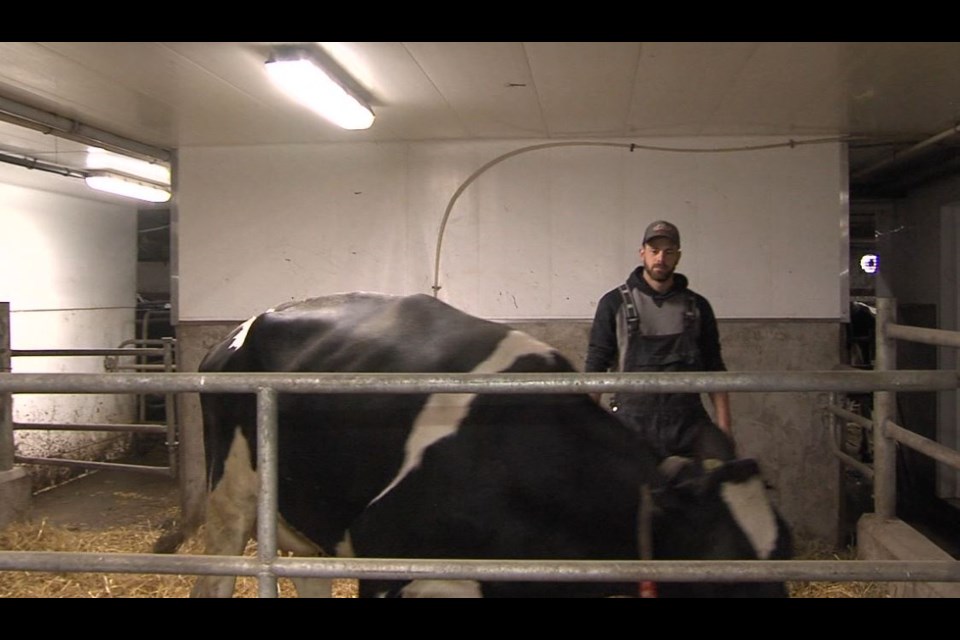THUNDER BAY — Dairy farmers in the Thunder Bay area feel the new North American trade agreement puts their industry in a more precarious position, and shows why they need to remain vigilant against further cuts to their market share.
The US-Mexico-Canada Agreement will cost domestic dairy farmers an additional 3.6 per cent of the market, but Canada also consented to other concessions.
Ben Breukelman, who co-owns a farm in the Slate River area, calls the package "a bit of a pill to swallow."
"They're also making adjustments to some of our most competitively-priced classes of milk products. That's also going to be a hit to the small export markets that we were hitting," Breukelman said.
He said farmers had hoped the federal government "would stand strong" for the industry as Prime Minister Trudeau had promised. "We didn't expect that they would be giving up such a large number."
He believes the trade agreement will cause farmers to postpone any expansion plans they might have. "In leaving a chunk of our market, production's going to have to go down a bit," Breukelman said, noting that prices will likely drop.
"We'll tighten up a little bit, but we'll carry on, for sure."
Bernie Kamphof, a dairy farmer for 28 years, said he was disappointed but not surprised to learn what Canada agreed to with respect to milk products, saying there had been plenty of warning signs during the negotiations with the U.S.
"I'm glad it wasn't worse, but we're in the stage of trying to figure out, as an industry, the best way to adapt to the new trade realities that are coming," Kamphof said.
He said farmers need more time to assess the full impact of the agreement, "but it certainly is going to be negative."
Kamphof feels that, with an agreement now in place, trade with the U.S. is at least put on "a predictable footing" for the next number of years, but farmers will have to keep a watchful eye for any additional threats to the industry.
He said the new trade deal will raise to almost 20 per cent the share of the Canadian milk market that's filled by imports, and "that's getting to be a pretty substantial part."
As for the prospect of some kind of federal compensation for farmers, Kamphof said he'd prefer to sell milk than rely on compensation. Previous government programs, he said, have not been well-designed.
It's estimated there are currently 26 dairy farms in the Thunder Bay area.
